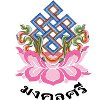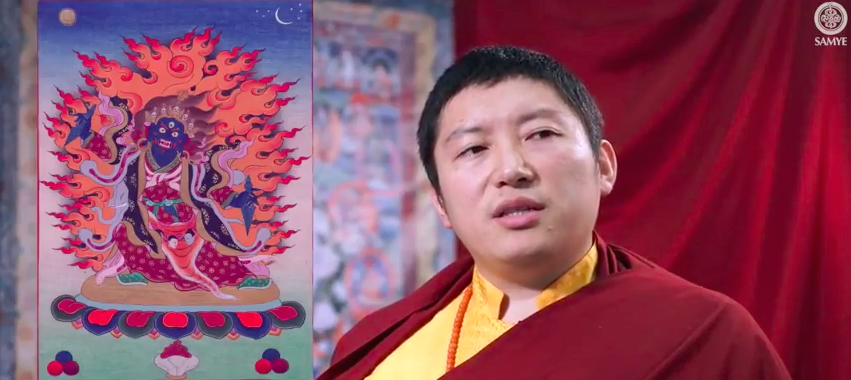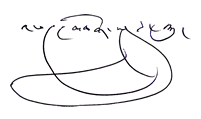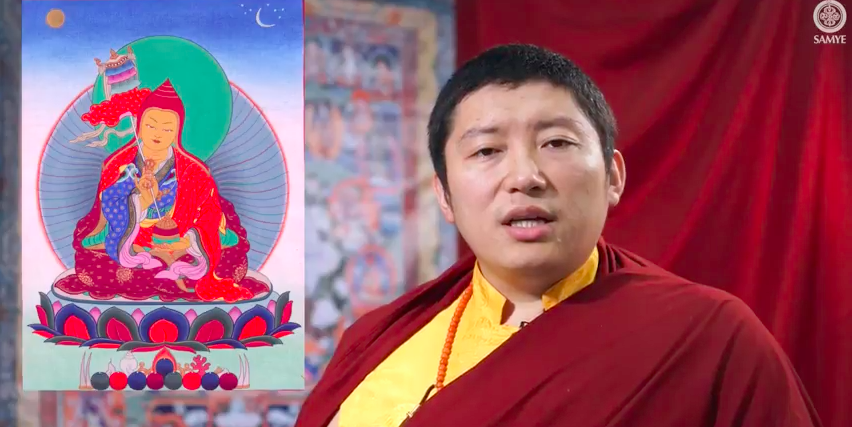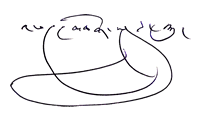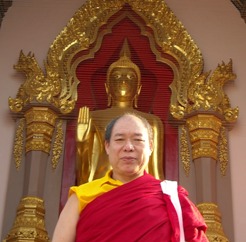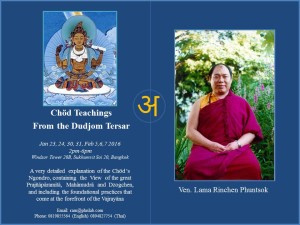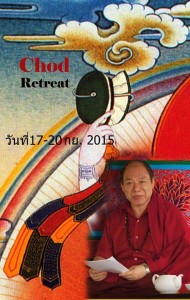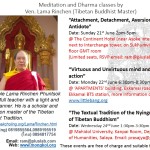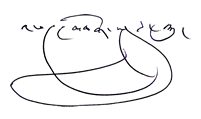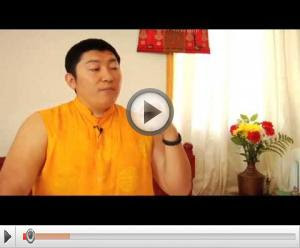The Importance of Failure – Guru Rinpoche day message by HE. Phakchok Rinpoche
Dear Friends Near and Far,
Hello. Happy Guru Rinpoche Day again.
Today I want to share with you the sixth of the Twelve Manifestations of Guru Padmasambhava. His name is Guru Pema Jungney, the Lotus Born Guru. Guru Rinpoche himself explained, “I taught many times in the beginning how to practice and how to gain blessings and siddhis and liberations, improvements. But my disciples in the future, those people are going to be very lazy, and will not be able to practice well.” So he actually taught six or seven different ways to gain realization and liberation: how to gain improvements through seeing, through tasting, through smelling, through touching, through reading, and such like that. Guru Pema Jungney has very great teachings of the six or seven different ways of liberation.
With that, I just want to say, in normal life, what we really need when we make mistakes or when we go through difficulties is a different way to see something. When you make a mistake, yes, I know that you really feel like a failure. You made a mistake or you feel down. You feel self-judgment. You feel negative. But always know that whenever you make mistakes, you need to encourage yourself to want to do better, and that you want to improve yourself. Don’t, how do you say, discourage yourself. Whenever you face obstacles or challenges in life, when you fail in life, try to think that it is an opportunity for improvement and to become more mature through your experiences. Because in life, you will always fail. In spiritual, you are always going to fail. And I really encourage you to see that failing is important. Every time you fail, you stand up. You keep trying. You keep doing it. Do that in the spiritual way and do that in the mundane way. You will get better and better. When you are stopped when you fail, or when you are stopped when you judge yourself and you really feel bad, that is the time of really big obstacles. So don’t look at it that way. Always see difficult things as a kind of way of encouraging, experiencing, and getting more mature. So keep that in mind and remember Guru Pema Jungney.
I like to share this with all of you: be happy and whatever you’ve done, the mistakes, improve yourself. If you’re chasing some difficulties, don’t judge everybody. Don’t judge yourself. Don’t judge others. Think instead, “It is my experience” and you get stronger. Stand up and do well. Easy to say. Difficult to do. But don’t forget. Then you will get better each time.
Thank you very much. Happy Guru Rinpoche Day.
Click here to view the video message
https://www.youtube.com/watch?v=2g6mys_Hc44
We are happy to announce that there are subtitles for this month’s message in Simplified Chinese, Traditional Chinese, French, German, Indonesian, Italian, Japanese, Nepali, Polish, Portuguese, Romanian, Russian, Spanish, Thai, Ukranian, and Vietnamese. Please click the settings wheel in the bottom right corner of the video to access these options.
We are also interested in your feedback about what teachings you would like to hear in the Guru Rinpoche messages.
Lotus Light Dharma Institute
The construction is progressing along steadily thanks to the generous donations we have received. As you can see from the latest progress report below, the main building is really starting to take shape. Yet there is still a lot of work to be done before we reach completion.
Sarva Mangalam,
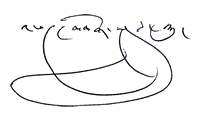
Kyabgön Phakchok Rinpoche
